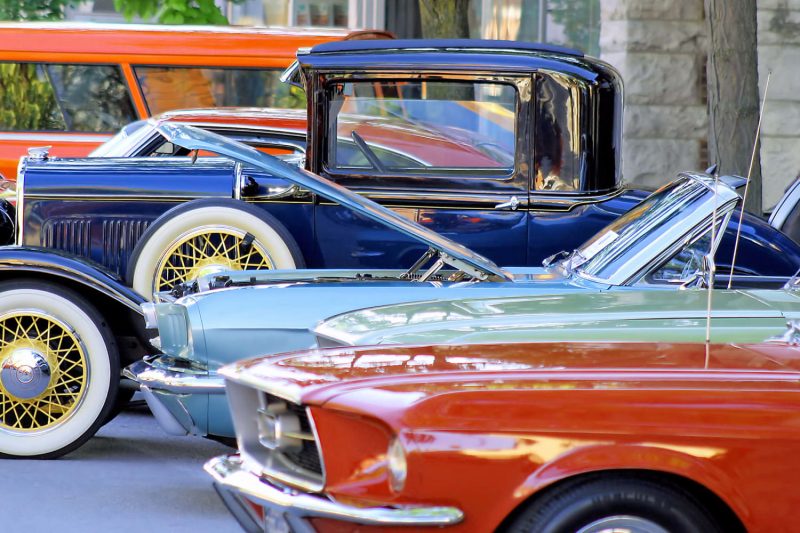In the ever-evolving landscape of the automotive industry, the realm of classic car sales has recently experienced a notable shift. The prestigious Monterey auctions, known for their extravagant display of vintage automotive gems, have encountered a stall in sales as a new generation of buyers steps to the forefront.
One of the primary factors contributing to this slowdown in classic car sales at the Monterey auctions is the changing preferences of younger buyers. As the torch is passed to a new generation of enthusiasts, their tastes and priorities differ from those of the previous era. Millennial and Gen Z buyers are often more inclined towards modern, technologically advanced vehicles that offer enhanced performance, safety features, and sustainability. This shift in consumer preferences has translated into a decreased interest in classic cars among younger demographics, impacting sales at prestigious events like the Monterey auctions.
Furthermore, the traditional allure of classic cars as investment vehicles has also experienced a decline in recent years. With economic uncertainties and evolving market trends, the perceived value of classic cars as a stable and lucrative investment has diminished. This shift in the financial landscape has led potential buyers to reevaluate their purchasing decisions, favoring more practical and diversified investment opportunities over classic car acquisitions.
Moreover, the growing emphasis on sustainability and environmental consciousness has influenced consumer behavior across various industries, including the automotive sector. As concerns regarding carbon emissions and sustainability become increasingly prominent, the appeal of vintage gas-guzzling vehicles has waned among environmentally conscious buyers. The shift towards electric and hybrid vehicles as a more sustainable transportation option has further contributed to the stall in classic car sales at auctions like Monterey, where older, combustion engine vehicles dominate the offerings.
In response to these shifting dynamics in the classic car market, industry stakeholders are exploring innovative strategies to reignite interest and appeal to the changing preferences of buyers. Auction houses and collectors are adapting their marketing strategies to attract younger demographics, showcasing the unique history, craftsmanship, and nostalgic appeal of classic cars in a modern context. Embracing digital platforms and social media channels, they seek to engage with a new generation of enthusiasts and educate them on the heritage and cultural significance of vintage automobiles.
Ultimately, as the automotive industry continues to evolve and adapt to changing consumer preferences and market trends, the classic car market faces a period of transformation and reinvention. By embracing innovation, sustainability, and cultural heritage, stakeholders in the classic car industry can navigate these challenges and revitalize interest in vintage automobiles among a new generation of buyers.
As the timeless allure of classic cars intersects with the dynamic shifts in the automotive landscape, the future of classic car sales at events like the Monterey auctions holds the promise of adaptation, evolution, and continued relevance in the ever-changing world of automotive culture.
